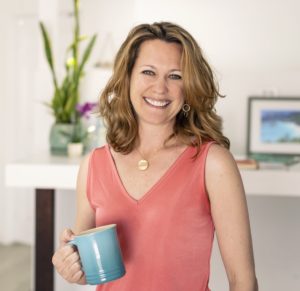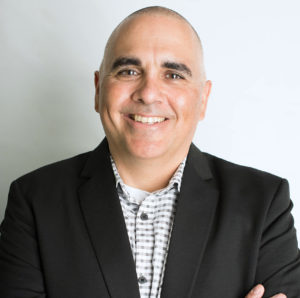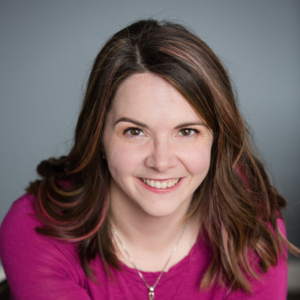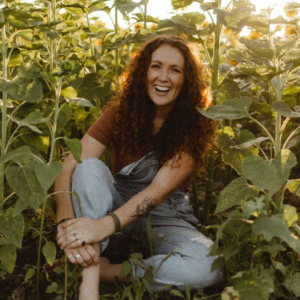I'm so excited to introduce you to this week's guest on Pep Talks for Side Hustlers, Alecia St. Germain of The Conscious Edge!
Alecia St. Germain is the founder and Ace of Transformation behind The Conscious Edge. After more than 15 years of training entrepreneurs, she knows most people focus on “how to do it,” but miss the crucial “who to become” to get your next-level results. Nothing gets Alecia more fired up than seeing you reach goals faster and achieve unlimited wealth and happiness. Alecia is a master at uncovering and maximizing her clients’ natural gifts, identifying areas of improvement, and creating a strategic plan to overcome unconscious blocks to success, happiness, and the flow of money.
Push play to listen to this week's episode, or read the full transcript below!






